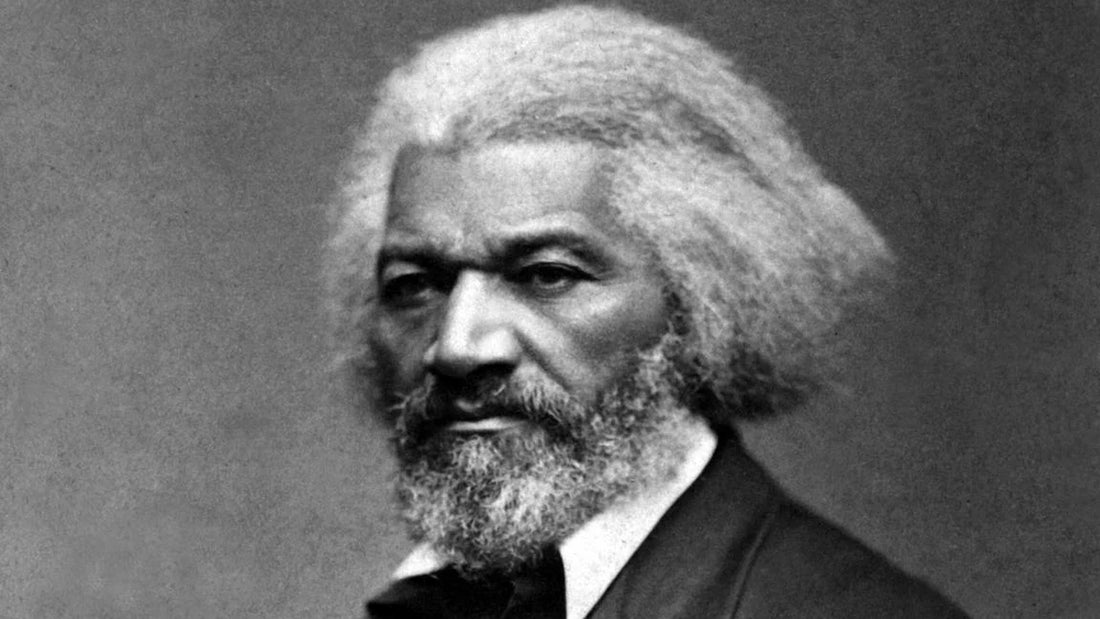
A Different Independence: Douglass's Challenge to July 4th
Originally delivered during a time of intense national debate over slavery, Douglass's speech remains significant more than 150 years after emancipation. For some, July 4 celebrations of American independence underscore the country's historical hypocrisy regarding freedom, given slavery's crucial role in its past. Even today, America's legacy of racism continues to unfold, and forms of modern-day slavery persist both in the U.S. and globally. For those who view Independence Day in this light, July 5 offers a more appropriate occasion to celebrate: on this day in 1827, 4,000 African Americans paraded down Broadway in New York City to commemorate the end of slavery in their state.

One person who shared this sentiment was Frederick Douglass, the renowned abolitionist born into slavery. When invited by the Ladies Anti-Slavery Society of Rochester, N.Y., to give a July 4 speech in 1852, Douglass chose to speak on July 5 instead. Addressing about 600 people at the newly constructed Corinthian Hall, he began by acknowledging the bravery and greatness of the Declaration of Independence's signers and their vision for the Republic. However, he emphasized that much work remained to be done for all citizens to truly enjoy “life, liberty, and the pursuit of happiness.” Amid the “national, tumultuous joy” of white Americans' July 4th celebrations, he highlighted the “mournful wails of millions” whose suffering was made more unbearable by the jubilant shouts around them.
In the most famous passages of his oration, Douglass poignantly described the pain of witnessing such festivities while knowing that independence was not a reality for people like him.
You can read the full speech here.
